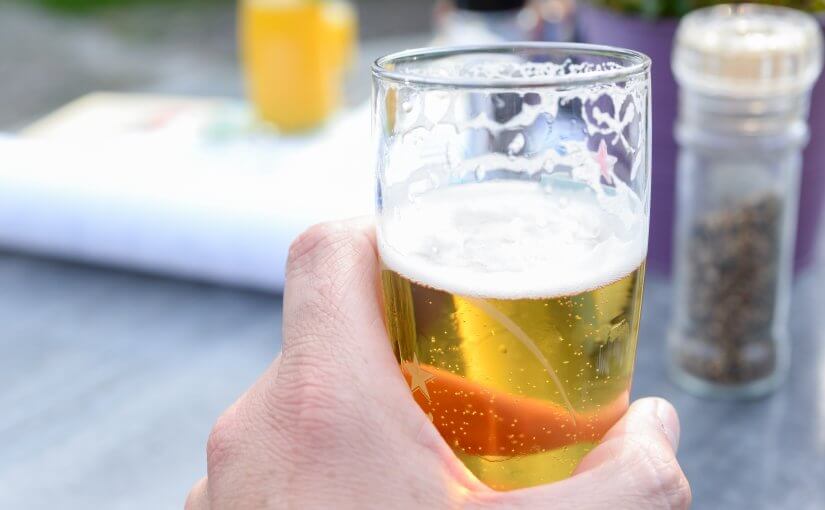Alcohol is one of the few drugs that most people find acceptable to consume. It is highly accessible, can be inexpensive, is masterfully advertised, comes in a large variety, and is frequently paired with meals to elevate our enjoyment and pleasure. Most stores, including drug stores, are eager to get licensed to sell alcohol, making it more and more accessible and progressively more difficult for people who want to practice sobriety and avoid triggers. You can even find it at the check out counters of some grocery stores, including health-oriented stores, in disposable glasses just in case you want a quick one.In some grocery stores, you can drink as you shop and your grocery cart comes with a glass holder. It is supposed to help you get through the stress of shopping. Really? We need alcohol to cope with the stress of picking up items from grocery store shelves and putting them in our shopping cart.
Hollywood does not help either. Frequently, actors are pouring themselves hard liquor as soon as they are faced with difficult news or adversity. It instantly creates an association in our brains between stress and coping. The variety of ways that consumption of alcohol is normalized makes it difficult for individuals to recognize that perhaps their drinking has become excessive and destructive. Sometimes, this goes on for a long time before individuals either recognize on their own that they are consuming to excess or they experience a negative consequence as a result of their consumption.
If you are the kind of person who does not have an off switch when you drink, then sobriety through moderation can be very difficult, if not impossible, to achieve. For those of you you who find yourselves drinking most days and not having any boundaries, it is best to set limits or the world around you will set those limits for you.
I often recommend to my clients that if they choose to drink, they should try to abstain during week days and limit to 1 or 2 drinks on weekend days. Without such limits and standards, you are running the risk of becoming over-reliant on alcohol to cope, socialize, work, or even shop at the grocery store. Take charge and make it your choice when you drink or not.
Here are some tips to help you avoid drinking:
- Do not keep alcohol readily available in the house.
- Let your friends and family know about your intention to abstain or moderate, so they can support you.
- Attend support groups such as AA or SMART Recovery
- Remind yourself that the urge to drink is only an urge and, like any urge, it will pass if you do not feed into it.
- Do not let yourself get too hungry because hunger could manifest itself as an urge to drink. Eat protein-rich nutritious foods to curb hunger urges. Keep in mind that many alcoholic drinks are rich in carbohydrates and, high protein meals curb carb urges.
- Distract yourself by doing something positive such as talking to a friend, going for a walk, or listening to a motivational podcast
- Remember you only need to stay sober one day at a time, do not overthink the process.
- See a therapist to help you identify the psychological reasons why you drink and to work on making changes in your life.
- Consider joining an Intensive Outpatient Program (IOP) that will help you address various mental health issues, any underlying issues that contribute to drinking, as well as help you gain coping tools, skills, and strategies.
- Receive medical help if necessary. There are anti-craving medications on the market that can be effective in combination with therapy.
- Exercise and meditate regularly.
- Identify and avoid triggering situations such as bars and friends who might encourage you to drink.
- If you find it extremely difficult to break the pattern, consider entering a long-term residential program.

Author: Dr. Seda Gragossian
Dr. Seda Gragossian is the Clinical Director at the Talk Therapy Psychology Center. She has worked in the mental health field in clinical leadership roles in private practice, at multiple outpatient facilities, as well as at large psychiatric hospital settings.
Are you or someone you know suffering from depression, anxiety, or addiction? Don’t be nervous or shy about asking for help. We believe that everyone needs a little help now and then. We make no judgments and we meet you where you are at.


